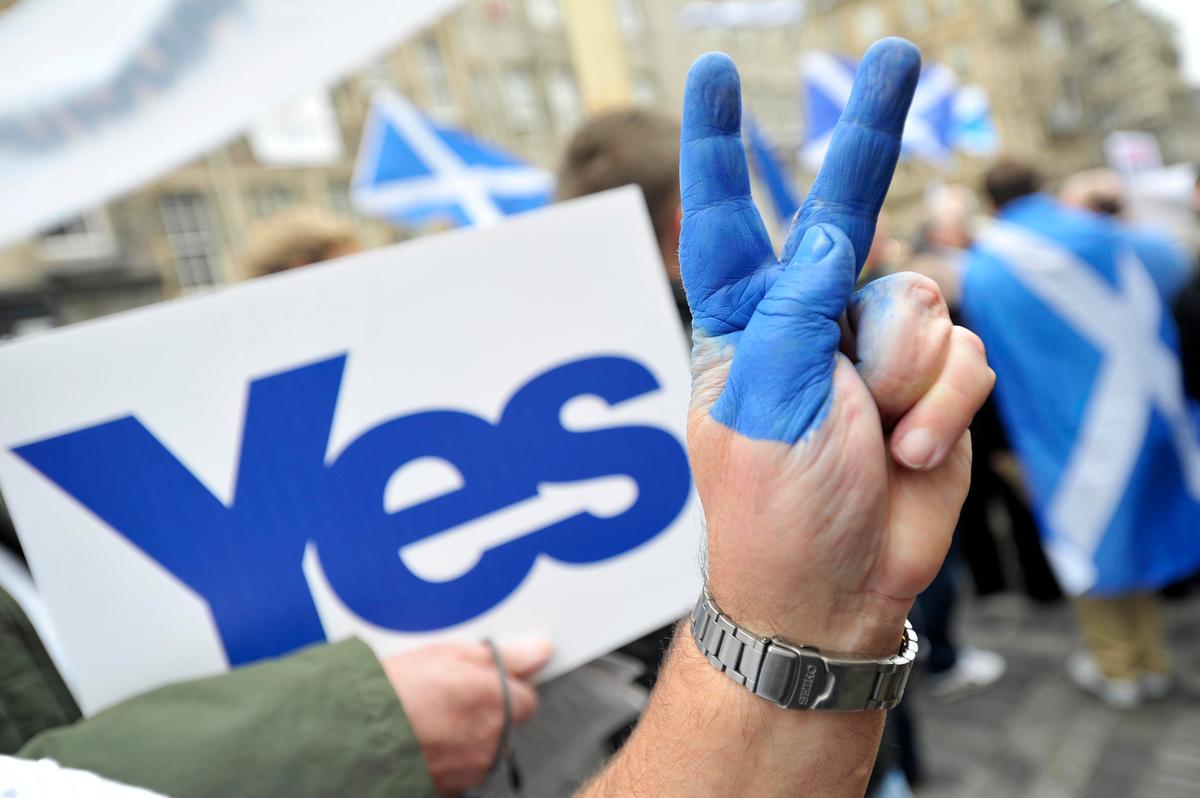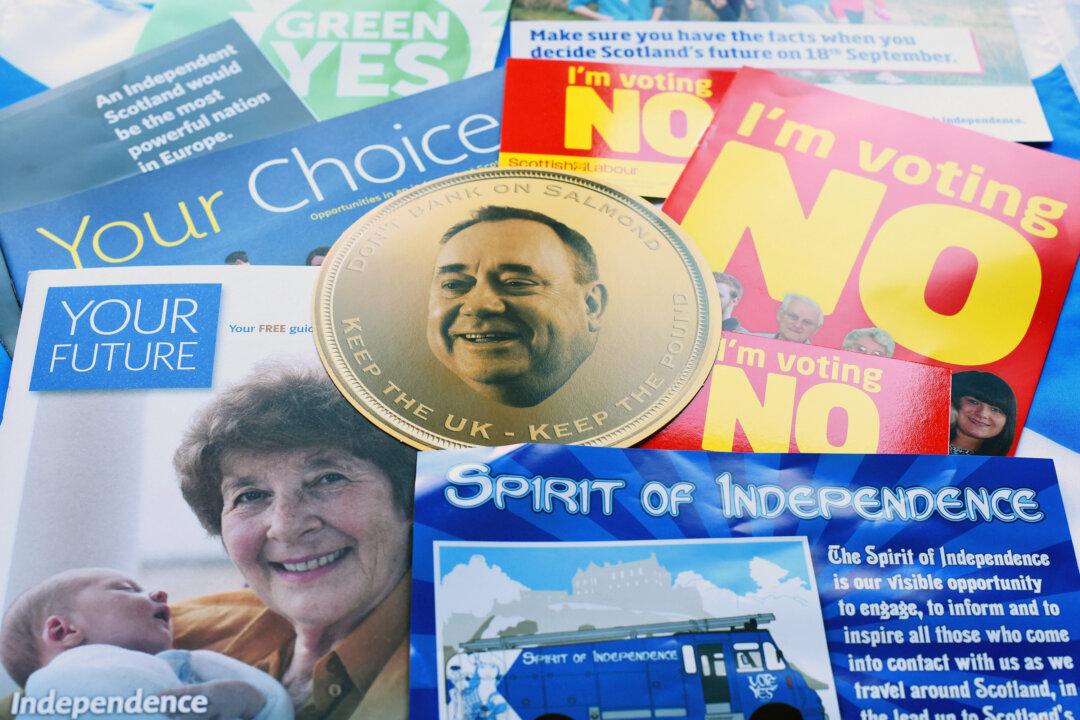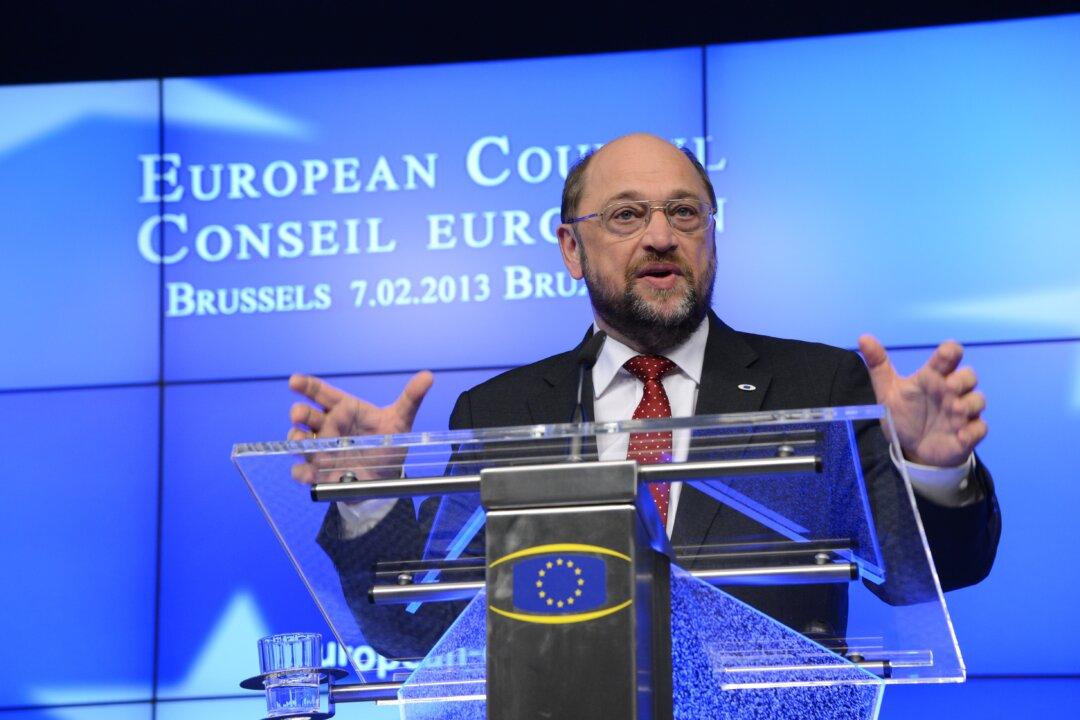The latest figures from polling site Yougov.co.uk shows Scottish voters in favor of staying with the UK at a 4 percent lead.
This is a shift from the last polling results in early September giving the “yes” camp a slight lead over the “no” camp, “yes” being for Scottish independence and “no” for staying with the UK.
If British Prime Minister David Cameron had known it would get this close, he might not have been so quick to offer Scotland the chance to decide its own future two years ago. The surge in support for an autonomous state of Scotland has caught many by surprise, and has sent the prime minister and other politicians to Scotland to try drum up support for remaining a union.
‘Yes’ Versus ’No’
It sounds much more positive to be for “yes” than it does to be for “no.” Maybe this is why the “yes” vote has become so popular after 300 years of unity with Britain.
To be for “yes” is to say “yes” to freedom, “yes” to Scots ruling Scots, “yes” to Scottish control of Scottish oil, “yes” to Scotland’s liberal agenda over Britain’s conservative one, “yes” to Scotland setting its own budget and foreign policy, et cetera, et cetera.


